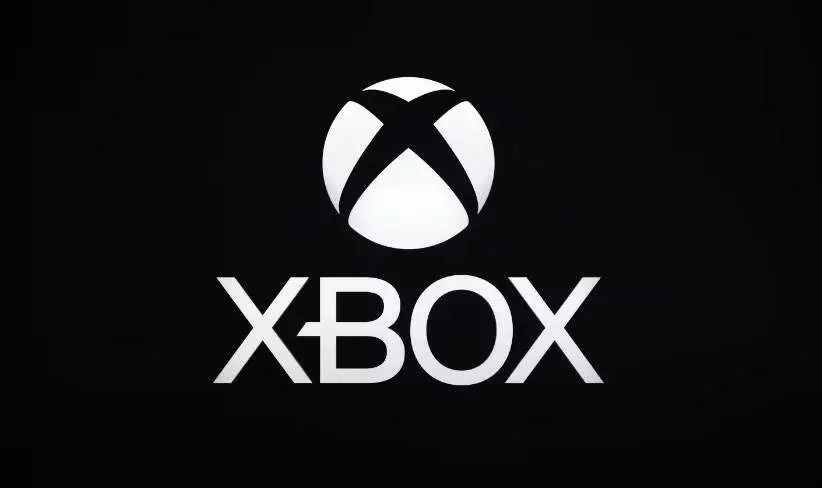In a revealing interview with Rolling Stone, Phil Spencer, CEO of Microsoft Gaming, expressed a candid outlook on the current state of the console market. His assertion that “the console space isn’t growing” highlights a significant trend affecting many traditional gaming companies today. The stagnation in sales across major players—Xbox, PlayStation, and Nintendo—suggests that the gaming landscape is evolving, compelling companies to rethink their strategies and adapt to changing consumer behaviors.
As the market flattens, it raises the question of sustainability for consoles as a primary source of revenue. With the rise of alternative gaming platforms and increased accessibility to games through different devices, Spencer’s insights signify a pivotal moment for gamers and industry stakeholders. The transition to new technologies— PCs and cloud gaming—play a crucial role in Microsoft’s future visions.
Despite the stagnation in the console segment, Spencer reassured fans that Microsoft is not abandoning the traditional gaming console. He indicated that more consoles are indeed on the horizon, alongside innovative devices that may reshape how players access gaming content. Notable is the discussion around potential handheld devices, with Spencer hinting at a promising future that brings mobility to gaming experiences. This aligns with a broader trend in the industry where hybrid devices could cater to an evolving demographic of gamers who prioritize flexibility and accessibility in their gaming sessions.
What distinguishes Microsoft’s approach is its emphasis on an expanded ecosystem rather than strict adherence to hardware alone. Spencer articulated a vision that positions Xbox as an integrated platform accessible from a myriad of devices—smartphones, televisions, and more. The recognition that Xbox is transcending beyond a mere console confines reveals a profound understanding of modern consumers who neither rely solely on one form of gaming nor are willing to be tethered to single gaming ecosystems.
In the age of advanced technology, where hardware specifications can sometimes overwhelm the user experience, Spencer questioned the necessity of mid-gen console refreshes. This notion pushes back against industry norms, especially when companies like Sony have opted to release upgraded models that promise enhanced performance. The challenge remains: how do manufacturers compel consumers to invest in new hardware when the tangible benefits can appear marginal?
Spencer advocates for a shift in perspective; the focus should center around the experiences games deliver rather than the capabilities of individual devices. As games become increasingly expansive and accessible, the boundaries dividing platforms begin to blur. “Today’s largest games are bigger than any of the individual platforms,” Spencer articulated, eloquently summarizing the contemporary gaming reality where community and narrative take precedence over the devices they are played on.
The evolving narrative that positions Xbox not merely as a box under the television, but as a versatile platform, invites renewed interest and inclusivity within the gaming community. By engaging in an “Xbox everywhere” philosophy, Microsoft seeks to bridge gaps and eliminate barriers, affirming that the heart of gaming lies in shared experiences rather than specific hardware.
As the gaming industry continues its dynamic transformation, Phil Spencer’s insights illuminate a path forward. This pathway embraces innovation and opens boundaries, suggesting that the future of Xbox—and perhaps gaming as a whole—will be defined not just by what we play on but how and where we play. It’s an approach that invites gamers of all backgrounds into a rich, immersive world of interactive entertainment, fostering connectivity and creativity in unprecedented ways.


Leave a Reply